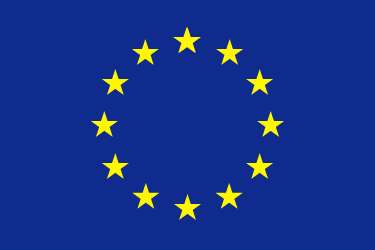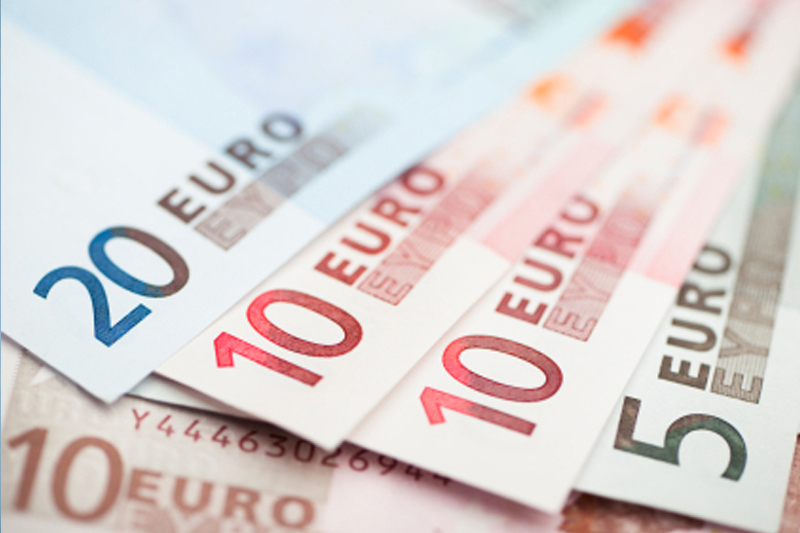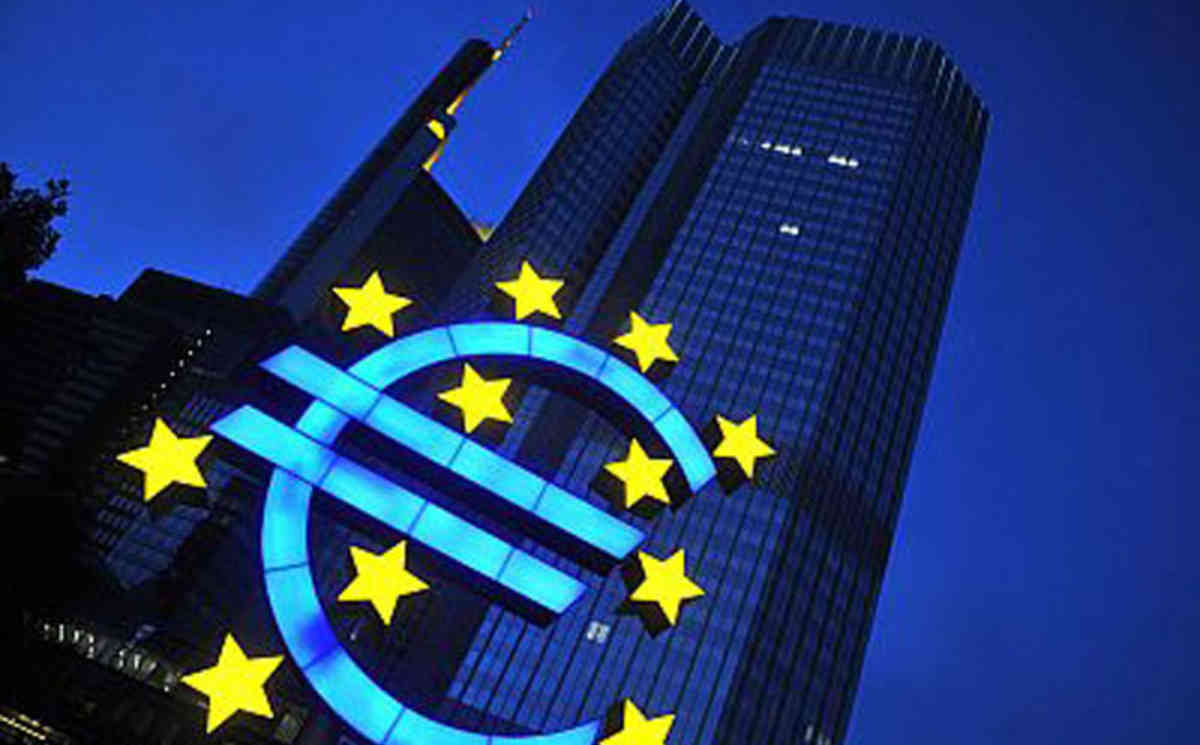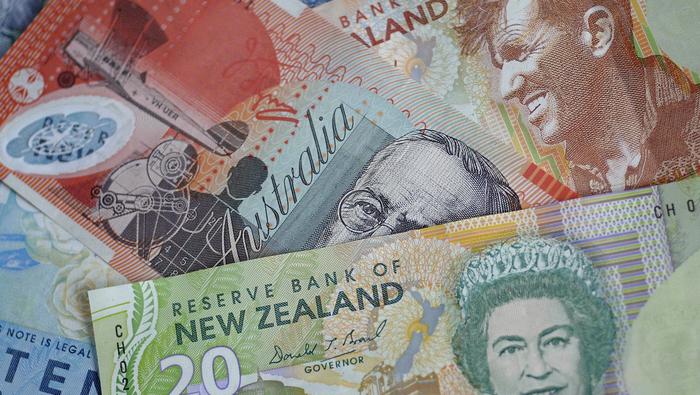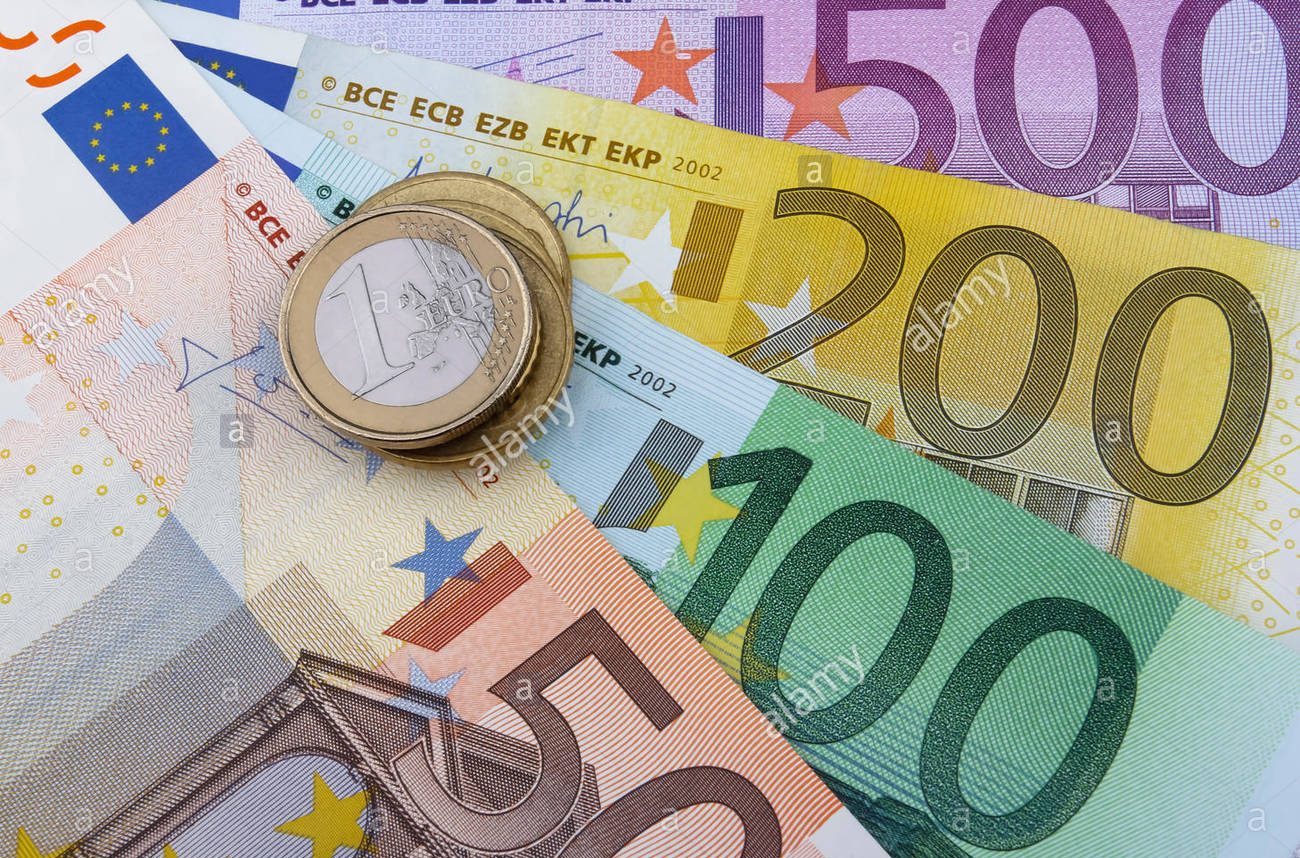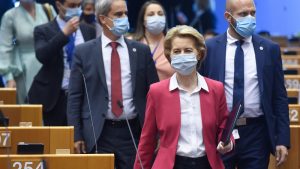
Summary: Last week, the president of the EUCO, Charles Michel, unveiled his compromise proposal for the MFF (Multi-Financial Framework) and the recovery plan “Next Generation EU” which is likely to be very close to what the final outcome will be. Ahead of the physical EUCO meeting on July 17 and 18, negotiations at top-level continue with a meeting between Prime Minister Conte and Chancellor Merkel, who holds the rotating EU presidency until the end of the year, in Berlin today.
Council President Michel unveiled its compromise for the recovery plan last week (see here). We believe it is quite close to what the final outcome will be.
Key proposals
- Michel proposes to cut the MFF for the period 2021-27 by €26bn, from €1,100bn to €1,074bn and to maintain rebates for Germany, Netherlands, Sweden, Austria and Denmark – which can be interpreted as a concession made in order to obtain the support of these countries to the recovery fund’s proposal. In addition, new resources should be allocated to the EU budget, via three levies: plastic levy, digital levy and carbon adjustment mechanism. He also suggests to set up a €5bn Brexit reserve for most affected countries and sectors in case the UK-EU negotiations derail.
- Regarding the one-off four-year recovery fund “Next Generation EU”, which remains as one of the thorniest subjects, Michel supports the EC’s proposal concerning the size of the package and the initial grants/loans ratio. The total stimulus is maintained at €750bn and composed of 1/3 loans and 2/3 transfers in order to avoid over-indebtedness of the most hurt countries. As expected, there is some form of conditionality attached to the disbursement of the funds, notably: rule of law conditionality (which might raises concern in Poland and Hungary), climate goals and country-specific recommendations. All the national recovery plans need to be approved by the EUCO at qualified majority, and no unanimity as the Netherlands wanted. The idea behind this change is to avoid that a single country could block ad vitam aeternam the process of disbursement of the funds. Finally, it is planned that debt repayment for loans will start in 2026.
Comment
We believe that Michel’s proposal is quite close to what the final outcome will be. There are still points of disagreements (unanimity/qualified majority for the approval of the national recovery plans and rule of law conditionality) but these are not insuperable. It seems that there is already an agreement on the most important aspects of the recovery plan: its size and its composition. This is already a major step forward compared with where we were a few weeks ago. The overall new negotiation box is clearly much better for climate (with the introduction of climate change goals) and for the governance of the recovery facility.
Hopefully, the concessions made to the Frugals regarding the smaller size of the MFF – which is a mistake if we only think in terms of long-term investment – and rebates will be enough to work out a deal this week. If not, a new extraordinary EUCO meeting might be scheduled within a couple of weeks in order to reach an agreement before the summer break – which is the deadline proposed by Chancellor Merkel. It’s now not so much a question of if but when the agreement is signed. All member states understand quite well that given the magnitude of the crisis they have no right to fail, they are doomed to find a compromise.
Best regards.

